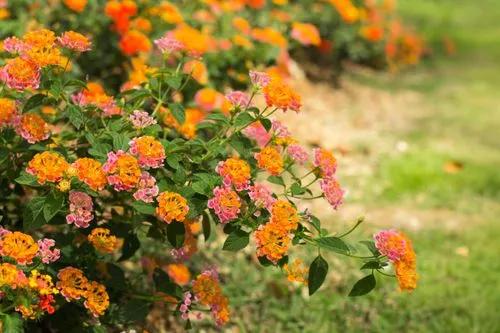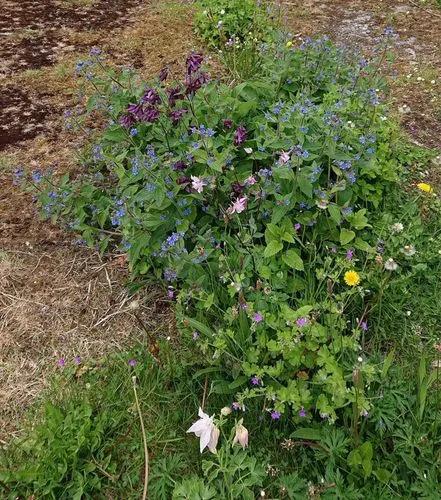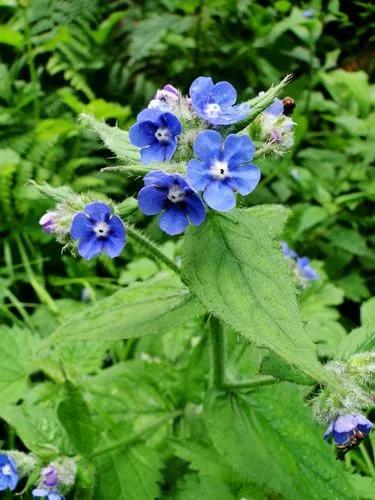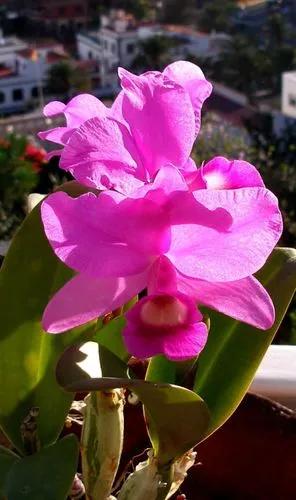Pusztaflamme', commonly sold under the trade name of PLUMOSA, typically grows 15-18" tall and features 2" diameter, plume-like, deep rosy-pink flower spikes which appear in a lengthy summer bloom. Both the flower color and the plume-like inflorescence are unusual for nemerosa/superba/sylvestris-type salvias. Lance-shaped, green leaves (to 3" long).
Plumosa Care
Salvia Nemorosa 'pusztaflamme'



How to Care for the Plant

Water

Water plumosa ferns often enough to prevent the soil from drying out.

Fertilizer

Asparagus plumosa ferns benefit from fertilizer during the growing season. From spring until early fall, apply half-strength liquid houseplant fertilizer. Fertilize plumosa ferns monthly to encourage lush, healthy growth. Alternatively, you can use a slow-release granular fertilizer three times a year—in spring, summer, and fall. It’s vital to prevent a buildup of mineral salts in the potting soil. Every two or three months, flush the asparagus fern potting mix. To do this, pour water through the soil for two minutes and allow all the excess water to drain out. This plant care technique prevents fertilizer root burn. After flushing the potting soil, you can resume fertilizing the asparagus fern as usual.

Sunlight

Indirect light (indoors), part sun (outdoors)

Soil

Fertile, well drained potting soil.

Temperature

Min Temperature - Ideally min 10° C or 50° F Max Temperature - 18 to 26°C or 65 to 80 °F

Additional

This plant is also known as the asparagus fern, lace fern, emerald fern, or the Shatavari plant. This plant contains irritants called sapogenins which can cause vomiting, anorexia and diarrhea, especially if the berries are consumed.

Popularity

2,385 people already have this plant 104 people have added this plant to their wishlists
Discover more plants with the list below
Popular articles






